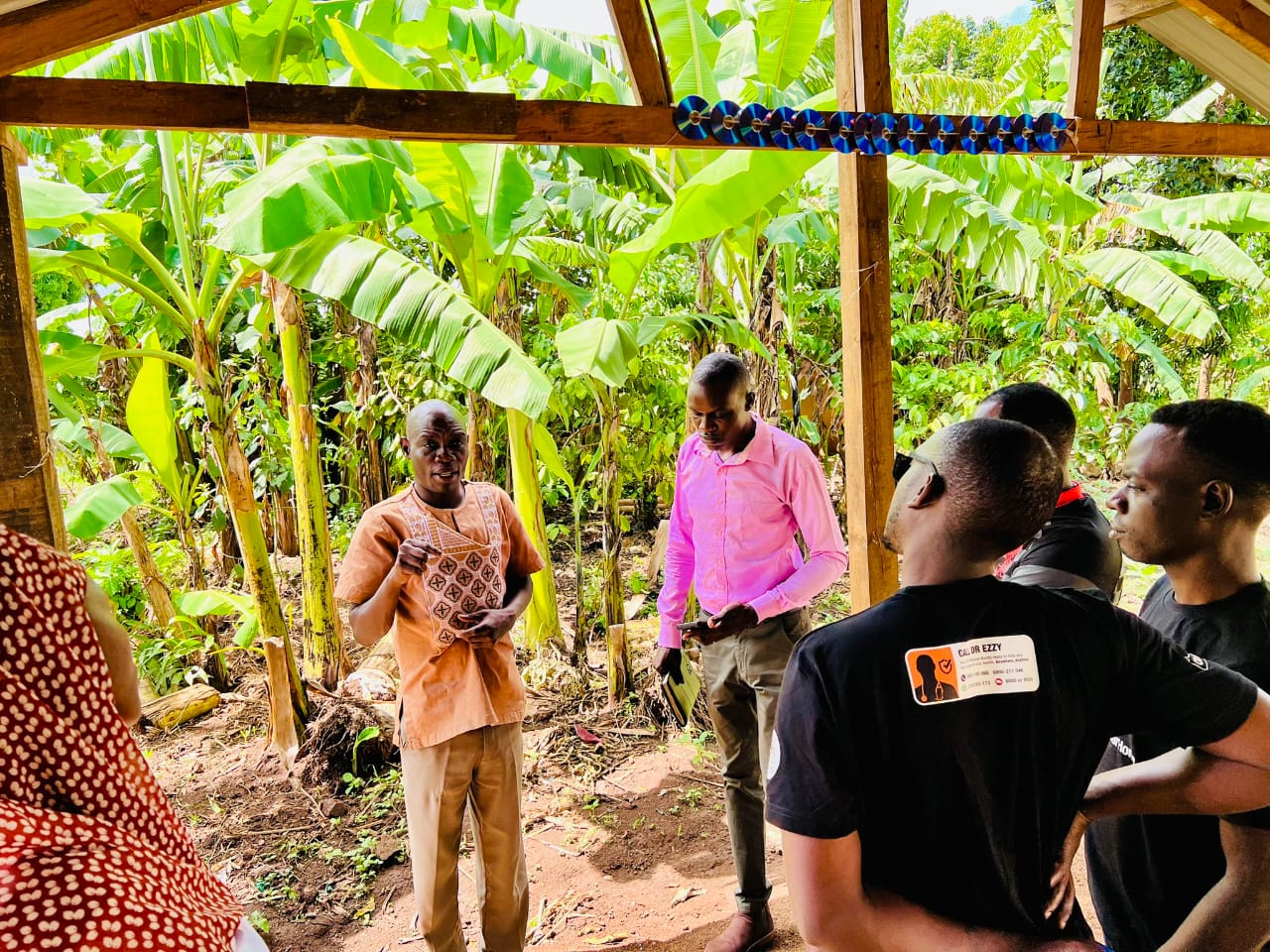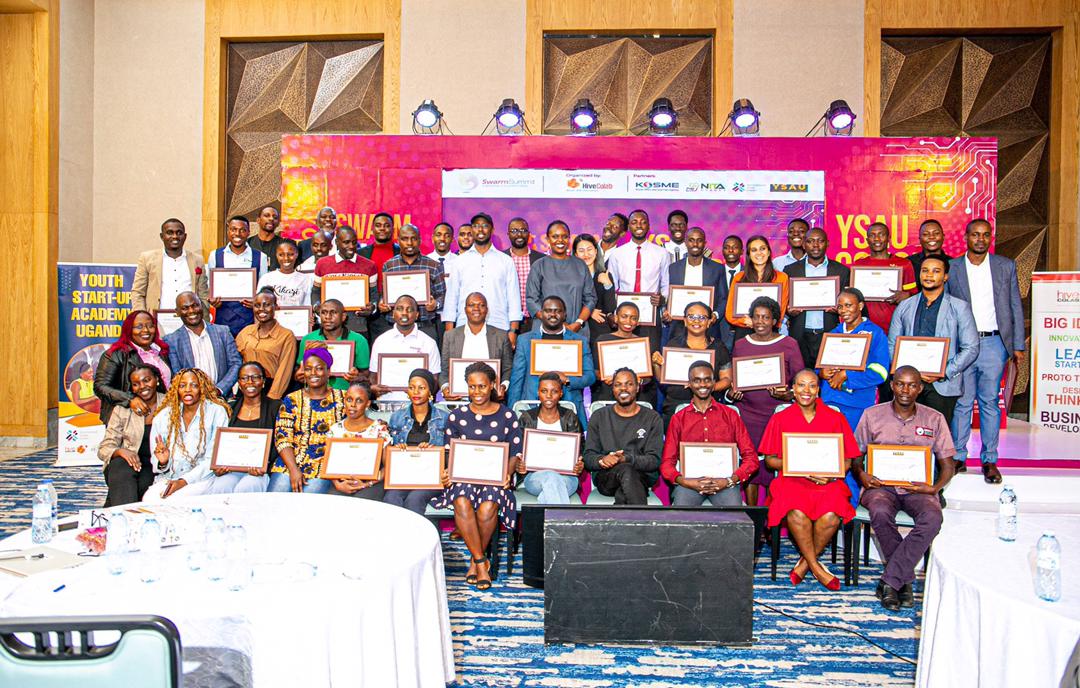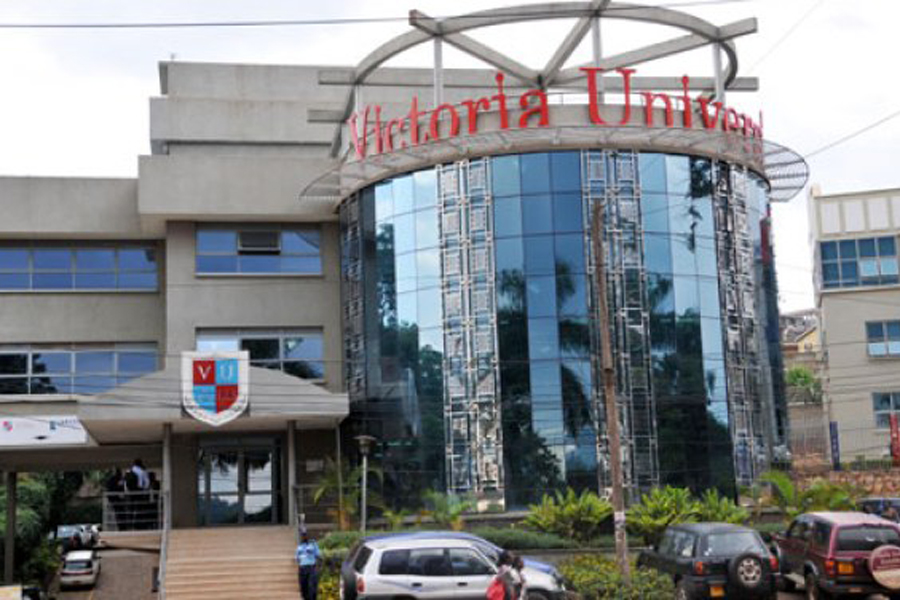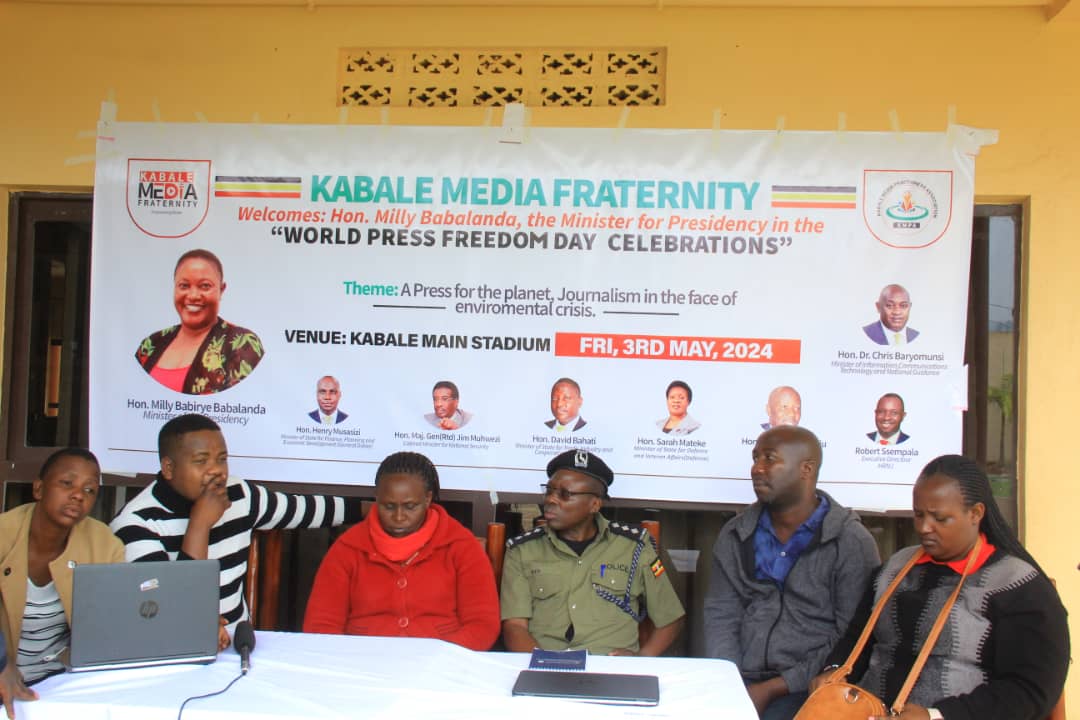Navigating Uganda's Waterways: Challenges and Opportunities in Water Transport
Uganda's water transport sector plays a crucial role in facilitating trade, commerce, and connectivity across the nation's diverse landscapes. With its vast network of rivers, lakes, and water bodies, Uganda boasts immense potential for waterborne transportation, offering an efficient and cost-effective alternative to road and rail transport. However, despite its natural advantages, the water transport sector faces a myriad of challenges that hinder its full realization, highlighting the need for strategic investments, regulatory reforms, and institutional support to unlock its untapped potential.
Uganda's water transport infrastructure comprises a network of navigable waterways that crisscross the country, connecting major urban centers, agricultural hubs, and remote communities with the outside world. From the bustling port of Entebbe on the shores of Lake Victoria to the tranquil waters of the Albert Nile in the west, water transport serves as a lifeline for millions of Ugandans, providing access to essential goods, services, and opportunities for economic growth and development.
Keep Reading
However, despite its strategic importance, Uganda's water transport sector faces numerous challenges that impede its efficiency, safety, and competitiveness. Inadequate infrastructure, including poorly maintained ports, jetties, and landing sites, hinders the smooth flow of goods and passengers, leading to delays, congestion, and increased operating costs for transport operators. Moreover, navigational hazards such as submerged rocks, sandbanks, and floating debris pose risks to vessels and passengers, further complicating navigation and increasing the risk of accidents and environmental damage.
Furthermore, the regulatory framework governing water transport in Uganda is fragmented and outdated, hampering efforts to promote safety, security, and efficiency on the nation's waterways. Limited enforcement capacity, overlapping jurisdiction, and bureaucratic red tape create barriers to compliance and hinder the development of a vibrant and competitive water transport industry. Moreover, the lack of standardized procedures and quality standards for vessel inspection, crew certification, and cargo handling further undermines the sector's ability to attract investment and ensure the safety of passengers and cargo.
In addition to infrastructure and regulatory challenges, Uganda's water transport sector also grapples with environmental degradation, pollution, and ecosystem degradation that threaten the sustainability of its operations. From industrial effluents and agricultural runoff to untreated sewage and invasive species, water pollution poses risks to human health, aquatic ecosystems, and biodiversity, undermining the viability of waterborne transportation and exacerbating social and economic inequalities.
Despite these challenges, Uganda's water transport sector holds immense potential for growth and development, offering opportunities to enhance connectivity, promote regional trade, and foster sustainable development. With its strategic location at the heart of the East African region, Uganda is well positioned to leverage its waterways to bolster its role as a regional transportation hub and gateway to the hinterland. Moreover, investments in modernizing and expanding water transport infrastructure, improving regulatory frameworks, and enhancing environmental stewardship can unlock new opportunities for economic growth and job creation, particularly in rural areas where water transport is a lifeline for remote communities.
In light of these opportunities, stakeholders are calling for concerted action to address the challenges facing Uganda's water transport sector and unleash its full potential as a driver of inclusive and sustainable development. By investing in infrastructure, strengthening regulatory frameworks, and promoting public-private partnerships, Uganda can harness the power of its waterways to transform lives, promote economic prosperity, and build a brighter future for all its citizens.














